του Νίκου Βαραλή
Τον συνάντησα μετά από χρόνια στην παραλία. Τα μάτια είχαν κάτι το απρόσμενα μακρινό. "Θυμάσαι;" "Φοβάμαι να θυμηθώ" του είπα. "Το ξέρω. Μοιάζει μακρινή η εποχή αλλά δεν είναι. Τότε που είχες και είχα τα μεγάλα όνειρα. Εγώ πάει πια. Εγώ έθαψα τα όνειρά μου από καιρό. Τώρα δεν περιμένω τίποτα πια" "Δεν είναι δυνατόν" του λέω " όλα μπορεί να αλλάξουν" " Δεν αλλάζει απολύτως τίποτα μου λέει, γιατί δεν θέλουμε εμείς να αλλάξουμε...διαβάστε ολόκληρο το κείμενο εδώ
Peter Hammill - Too Many of My Yesterdays (from "And Close As This" 1986)
So many years ago, I thought you were the one –who knows when people change, surrender into strangeness,
adrift upon their lives, encompassed by the past?
Who knows which one becomes the last goodbye?
Don't try to tell me nothing dies.
Don't try to tell me nothing's changed,
don't try to tell me nothing's new,
too many of my yesterdays belong to you.
I shelved my broken heart, I put you from my mind,
I got up from my knees, I picked up all my pieces,
but seeing you again puts shakes into my soul.
Just when I think I'm finally over you,
don't come and show me that's not true.
Tell me about it, talk to me –
I hear it coming, I feel it coming,
the way you want this thing to be.
You're only trading on our memories
don't go and say you still love me.
You're trading on my memories,
you're trading in a rosy past;
you know I'm lost on stormy seas...
but I still stand before the mast,
beneath the stars and under sail
towards horizons out of true...
Behind the dance of seven veils I still see you...
Tell me about it, have your way;
I see it coming, I hear it coming,
I know what you're about to say.
You've had too many of my yesterdays,
and I don't want to fall again.
Don't try to tell me nothing's changed,
don't try to tell me nothing's new,
too many of my yesterdays are lost in you.




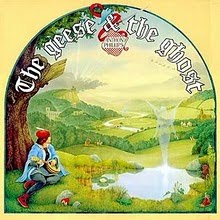



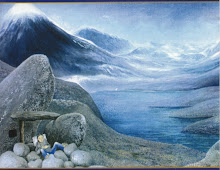

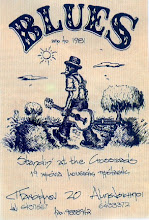


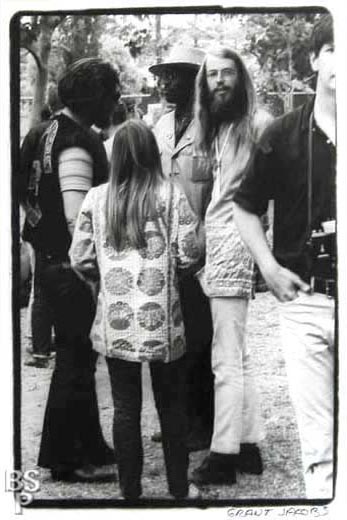
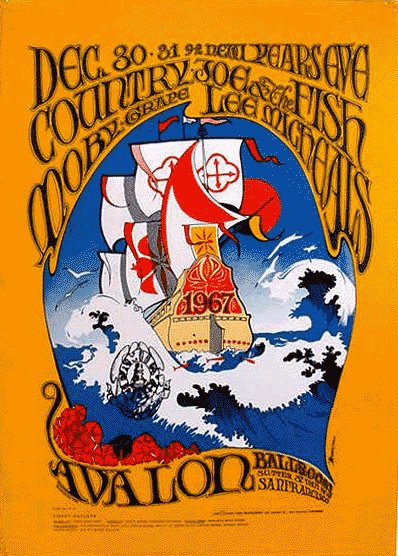
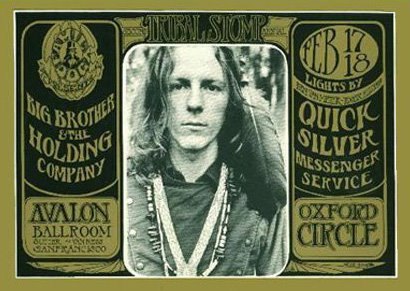
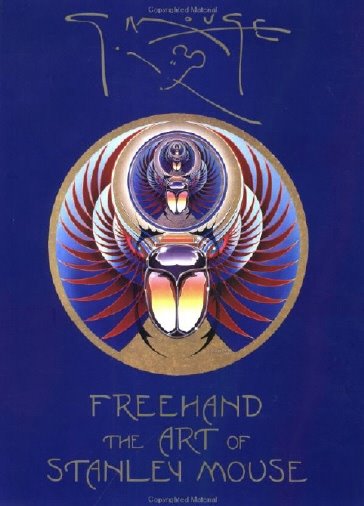.jpg)

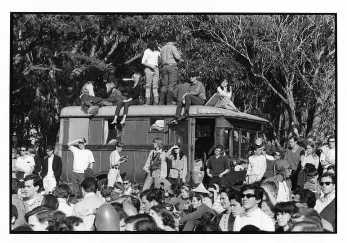




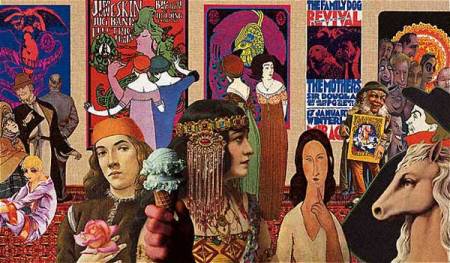.jpg)
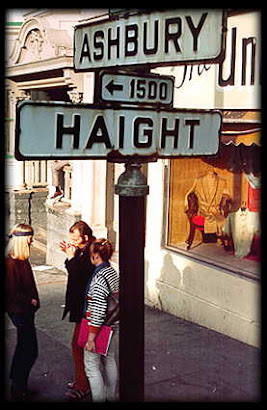
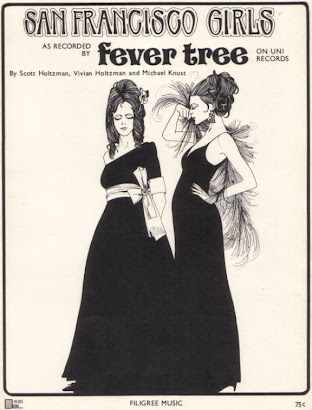
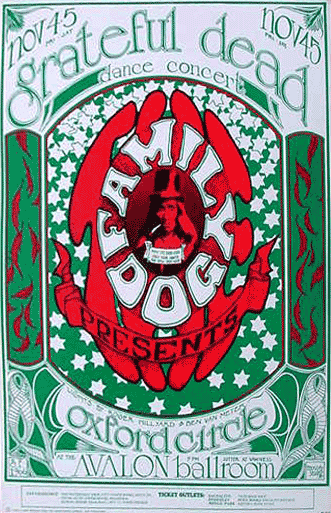

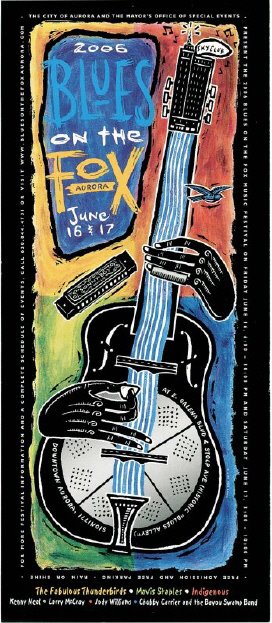
















.jpg)









































































+-+cover.png)














.jpg)




































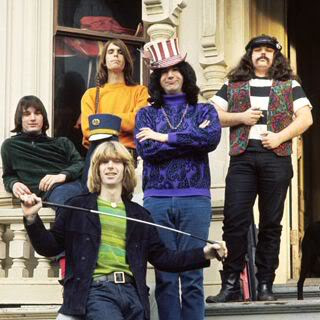



















































.jpg)







